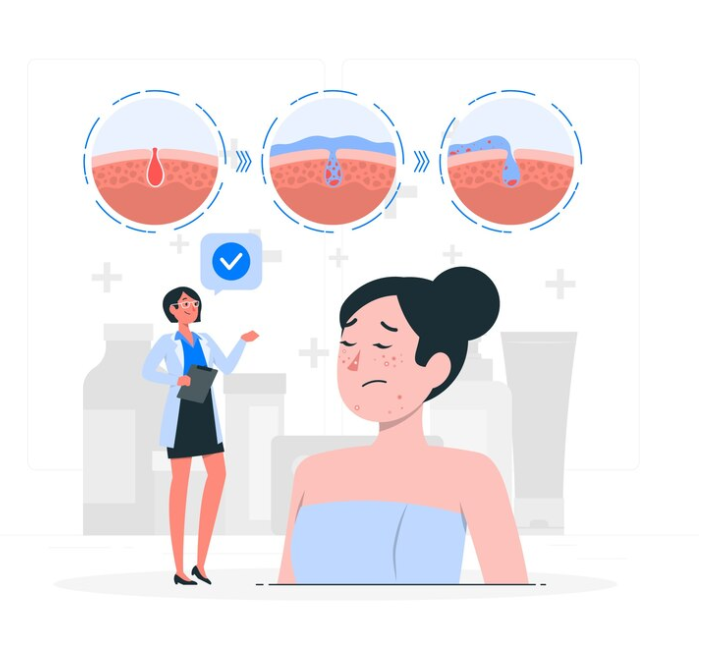
Understanding Lichen Planus: An Introduction to the Skin Condition
Introduction
Lichen planus is a skin condition that affects millions worldwide. It causes discomfort but can be managed effectively with the right care. Let’s explore what it is, its causes, symptoms, and how to manage it effectively with both medical and natural remedies.
What is Lichen Planus?
Lichen planus is a chronic condition that causes itchy, reddish-purple bumps or lesions. These often appear on the wrists, ankles, lower back, or genitals. The bumps are typically flat-topped and shiny, making them easy to identify. This condition is one of the common causes of chronic skin inflammation in adults.
Causes of Lichen Planus
The exact cause of lichen planus remains unknown. However, experts believe it is linked to an abnormal immune response. Factors such as viral infections, chronic stress, or certain medications may trigger or worsen the condition. If you’re wondering, “Can emotional stress cause lichen planus?” the answer is yes, stress is a significant trigger for many individuals.
Symptoms of Lichen Planus
Lichen planus symptoms can vary between individuals. Common signs include:
- Itchy, red, or purple bumps on the skin.
- Shiny or scaly patches.
- Sores or ulcers in the mouth that may cause discomfort, known as lichen planus oral lesions.
For those experiencing symptoms like lichenoid rash after medications, it’s vital to consult a doctor.
Diagnosis
Doctors diagnose lichen planus by examining the skin. Sometimes, they perform a biopsy to confirm the condition. They may also ask about your medical history and the medications you use. If you’re searching for natural ways to manage lichen planus, consider holistic approaches alongside medical advice.
Treatment Options
Although there is no cure for lichen planus, treatments can relieve symptoms and prevent flare-ups. Common treatments include:
- Topical corticosteroids: These help reduce inflammation and ease lichen planus scalp irritation.
- Antihistamines: These provide relief from itching, especially for lichen planus on the legs.
- Phototherapy: Light treatments speed up the healing of lesions.
Managing Lichen Planus
In addition to medical treatment, you can take steps to manage lichen planus effectively:
- Avoid triggers: Identify and avoid stress, certain medications, or irritants.
- Practice good skin hygiene: Keep your skin clean to prevent infections.
- Moisturize regularly: Hydrated skin is less prone to itching and irritation.
For those looking for home remedies for lichen planus itching, options like coconut oil or aloe vera may provide relief. Additionally, incorporating an anti-inflammatory diet can be beneficial for managing symptoms.
Conclusion
Living with lichen planus can be challenging, but proper management makes a significant difference. With the right care and treatment, many people successfully control their symptoms and lead normal lives. If you notice symptoms, consult a dermatologist for timely diagnosis and care.
To seek medical advice, always consult a Doctor. Here are our recommended experts. Click Here
To read more on Lichen Planus. Click Here


